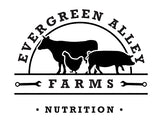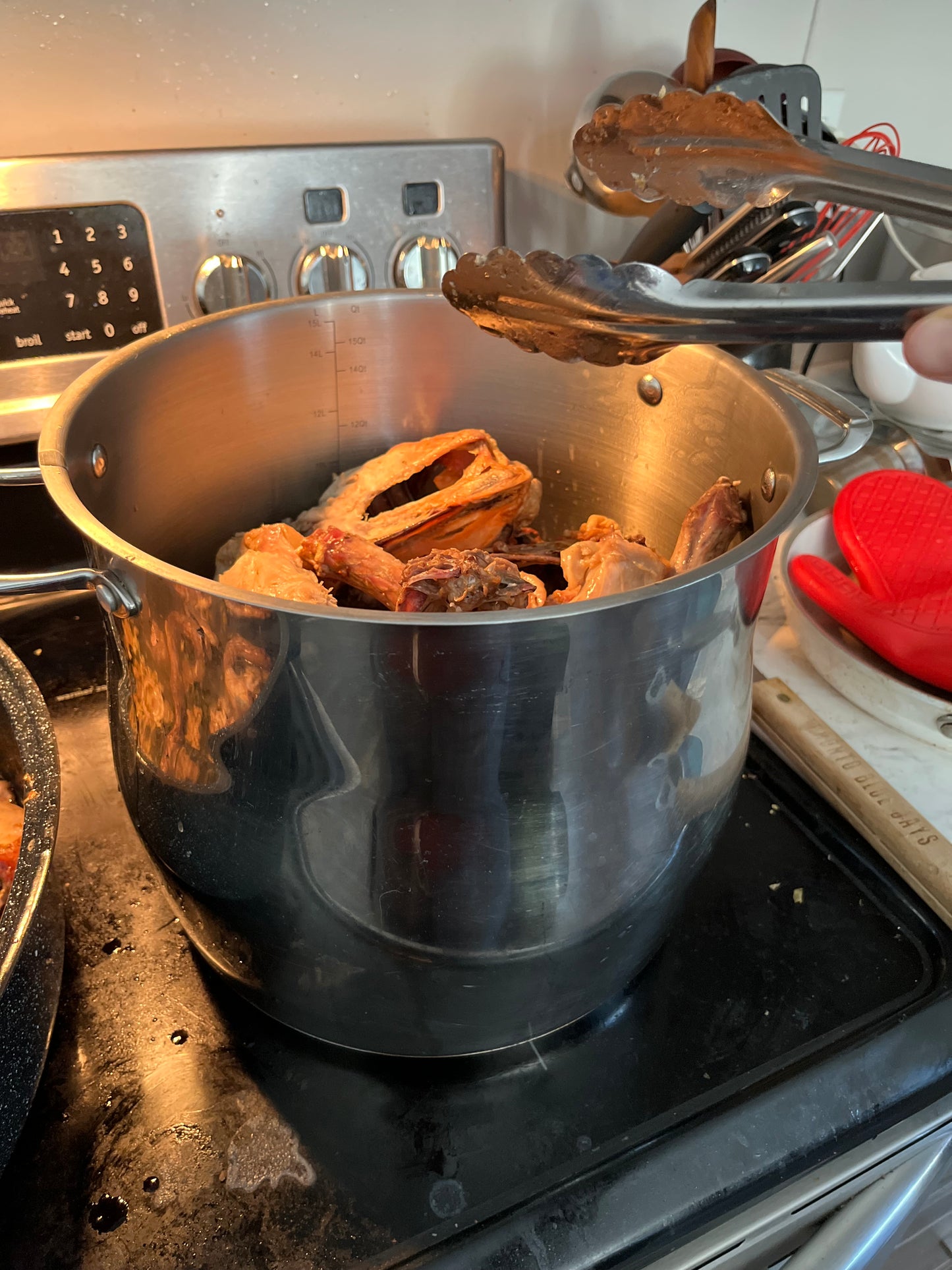
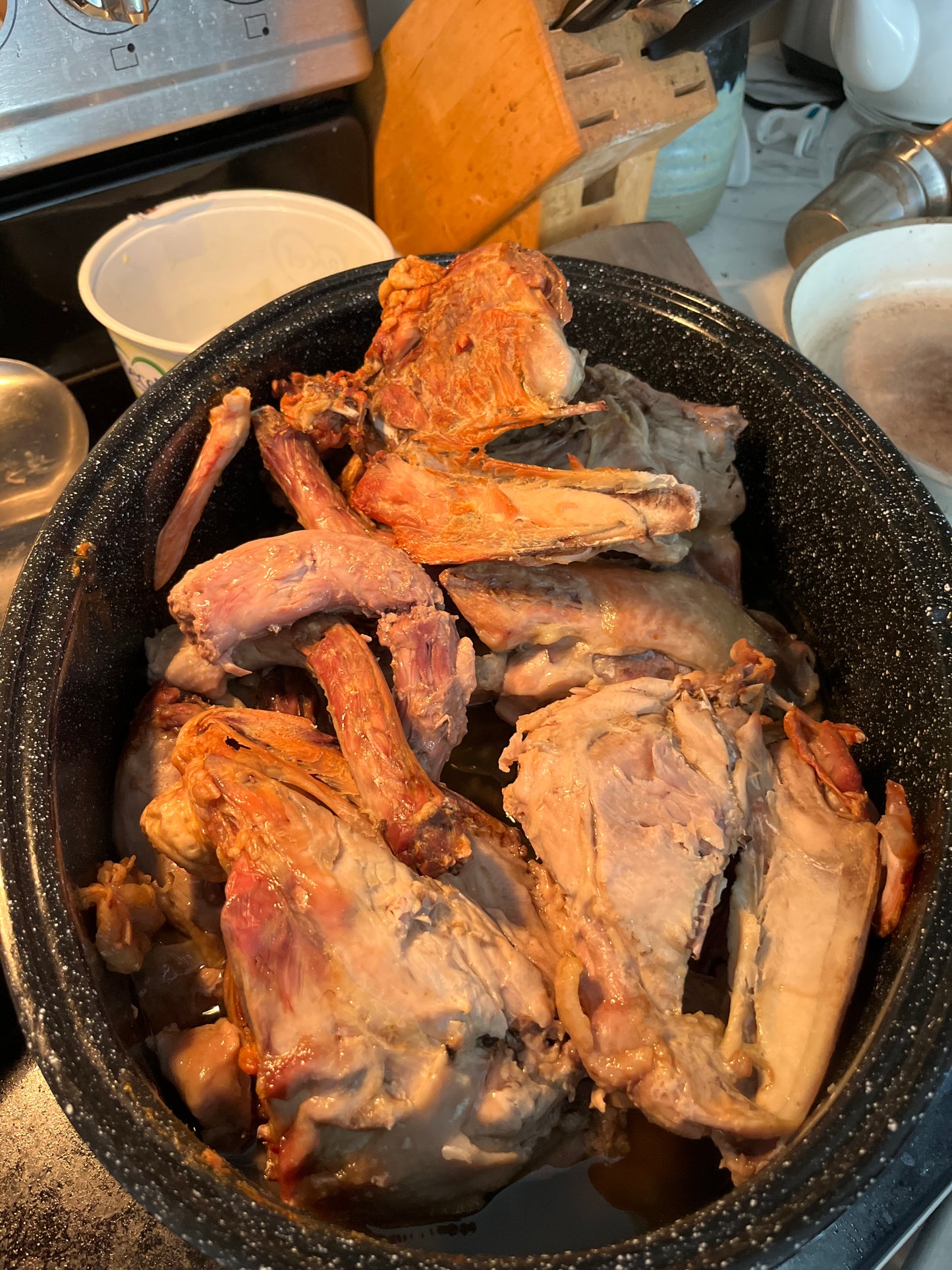
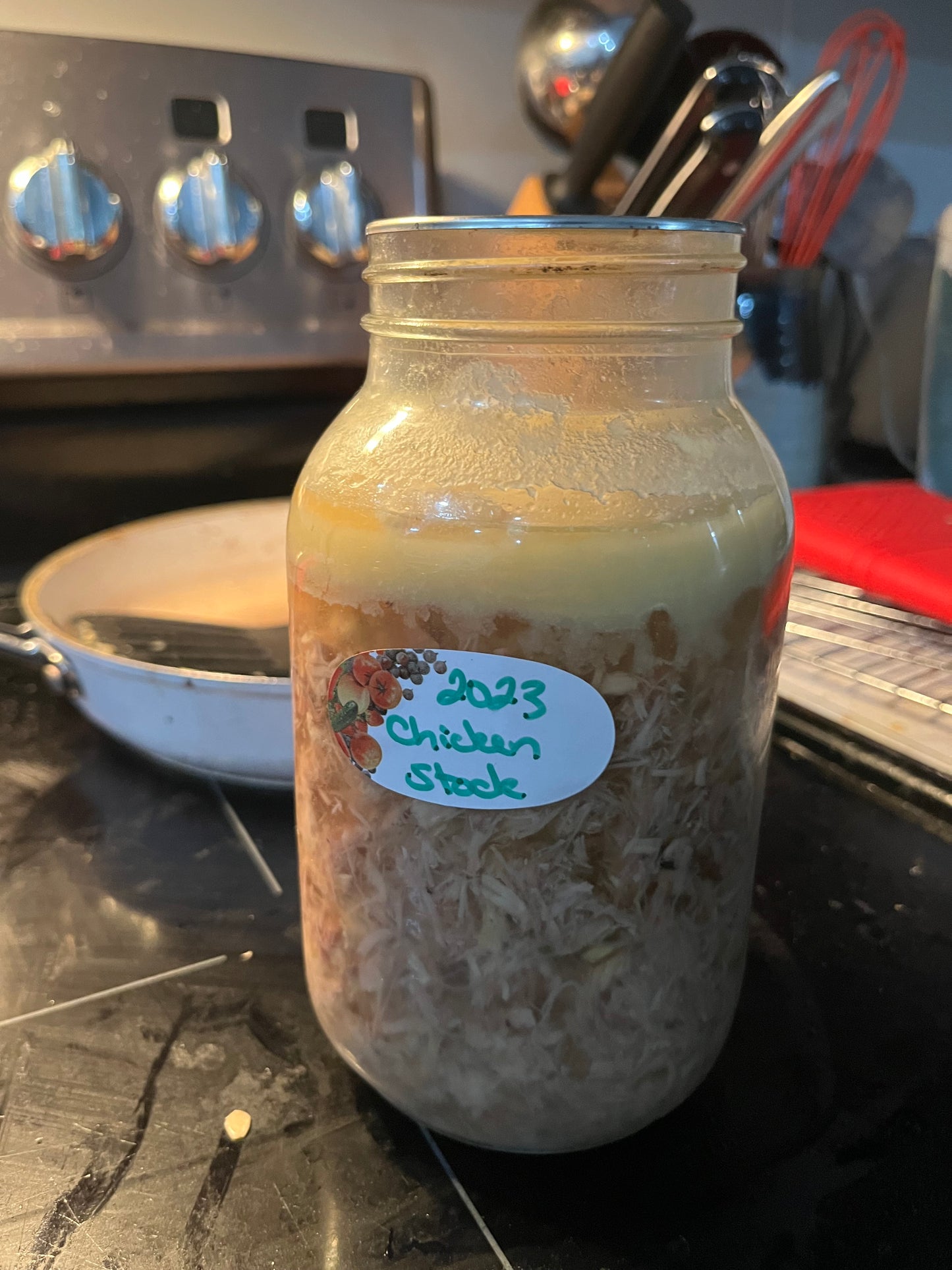
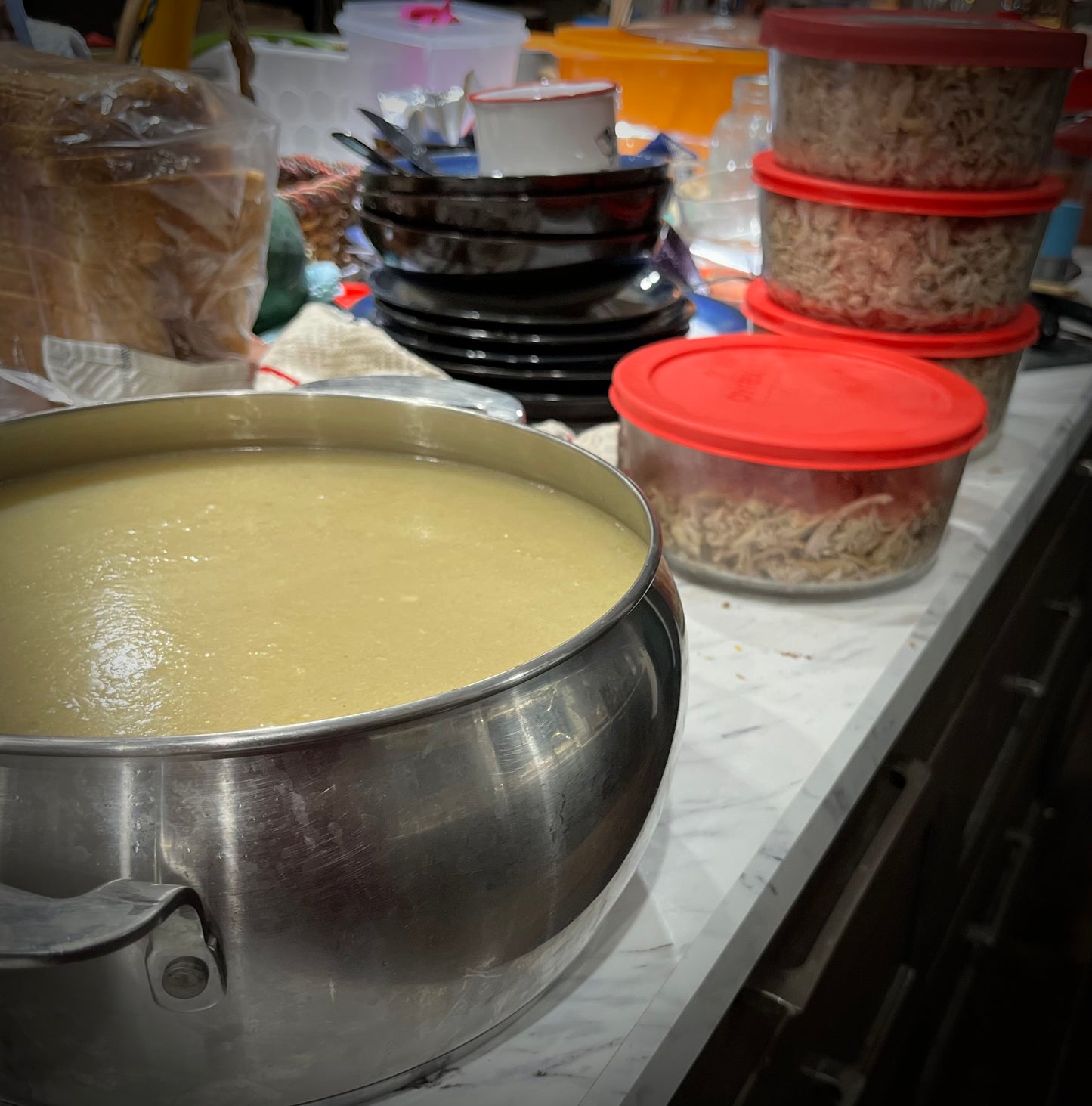
Contact
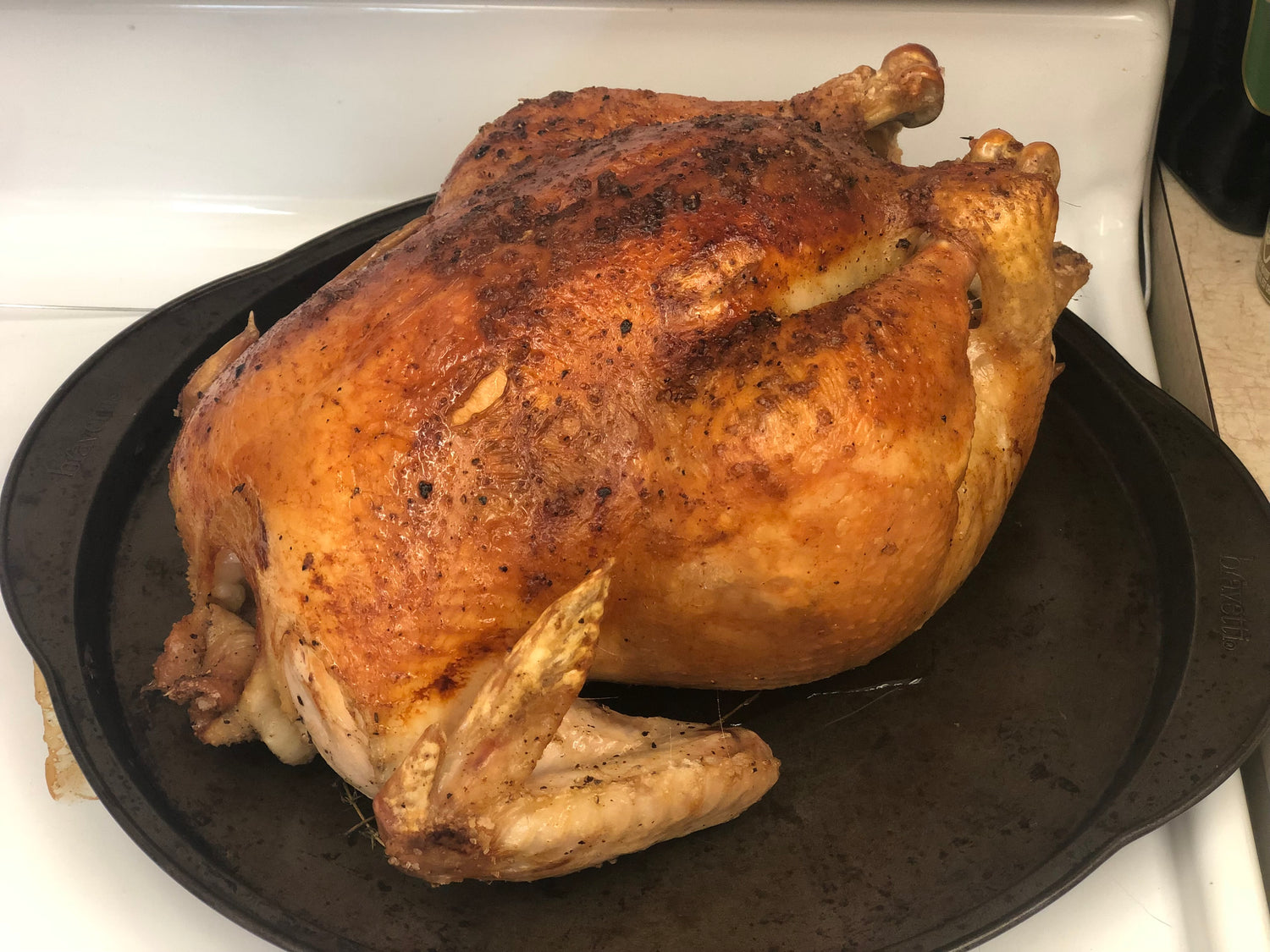
Supper and lunches for the week
A roast chicken is a go-to item around here. It does for a sit down supper meal and makes enough leftovers to make the kids' lunches all week. The skin and bones go into the stock pot for a slow simmer all day Monday, the bones are pulled out once its cook and there's a meaty soup stock for a meal or the freezer. The convenience and cost savings is massive for our household.
-

Delivery to your door
Free Local Delivery
Available for On-Farm pickup
Regular Delivery to Brandon, Souris; mimimum order $25
As needed delivery to Deloraine, Killarney, and other communities; mimimum order $25
Shipping via purolator is coming Very Very soon!!
-

Being part of our Community
Between supporting our local school fundraisers and social causes, taking farm animals to the PCH's, donating to the soup kitchens, inviting youth out to experience the farm, we love being a part of our community. By supporting a small business, you support a whole rural community.
-

If we sell it, we've raised it.
We raise everything we sell. We've built our herds from local producers, put up our own feed, and all of our livestock are butchered at small independant businesses.
When you spend a dollar here, you know it is going to stay in the rural communities and support families.
Ask us anything, if we don't have the answer, we will find it for you
FAQ
Are your chickens organic?
Unfortunately not. Since we feed them a mineral supplement to ensure they get everything they need to stay healthy as well as source our grains from nearby farmers we cannot ensure that those are all organic at this time. They are not fed a commercial feed blend, instead we grind the grains ourselves and Brian has worked very hard to figure out the best ration for their growth and health.
We are really happy that our chickens are still active and very mobile at butcher time. They do not have large fat deposits in their bodies and the meats are well developed.
Why aren't your chickens on pasture?
We would LOVE to be able to have the chickens on pasture, and this is something that we will try to develop in the future.
There are a couple factors we need to figure out for pastured chickens.
- Our pastures are currently too far from home to easily monitor water systems in the very hot summer days and to move the chicken tractors easily.
- Our guardian dogs are accustomed the the home yard, the nearest pasture would be across the highway and we are concerned if the dogs tried to come home there would be a very sad accident.
- Our chickens live in large runs in the evergreen shelterbelts of the main yard. They have done a great job of cleaning up the undergrowth and knocking down some wild hedging. We have quite a bit more shelterbelt then could tackle while in the shade of the large trees.
What medications are the chickens given?
The baby chicks are all given electrolytes when they arrive from the hatchery to ensure they drink as much as possible. Other than that they are not medicated. Any chicken that is sick or injured is removed from the group into a brooder box to rest and recover.
What kind of chickens are they?
We use a Cornish Cross Giant. It is a breed developed for rapid growth and large muscles. We don't feed the commercial feed so we do give them time to grow a bit slower so they develop enough bones and leg strength to carry their heavy bodies around.
Is cooking farm chickens different than store bought?
Yes definitely. We find they are much more forgiving as the meats don't dry out in the process. For recipes the meat doesn't shrink up while cooking either. We do find that the dark meats sometimes need a longer cook to help breakdown the tendinous parts. Long slow roasting or stewing these is especially yummy.
